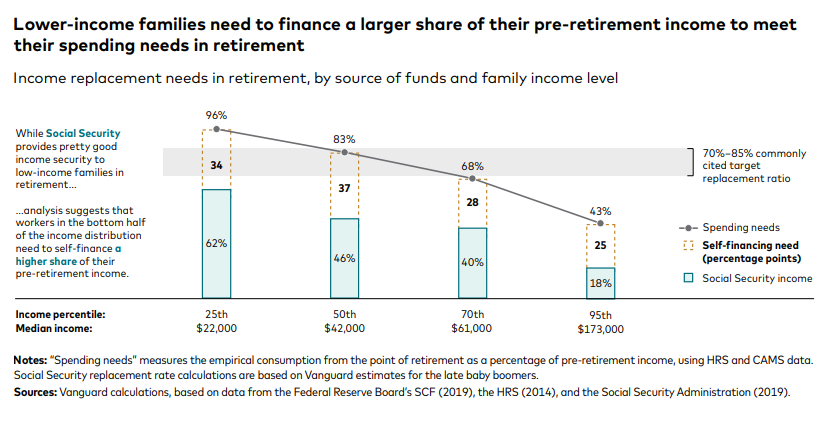How To Spend Less: These are some the ways you can pay less for your bills - thus reducing your expenses.

After going through a budgeting process and consciously looking at your monthly spending, you may have found that you are spending more than 65% of your income on your monthly cost of living expenses. As such you have 2 options:
- Spend Less, and/or
- Earn More.
In this article we will focus on spending less.
How To Spend Less
Your goal here is to keep your fixed costs to as low a percentage as possible of your income. This leaves you with more disposable income to invest and build wealth, as well as to enjoy your life.
The number one way to cut your expenses is to negotiate your bills - or have someone else do it for you.
One difference in particular I see when it comes to regular bills is that the wealthy generally pay less, not more – despite being able to afford more. Wealthy people grow up believing they should pay less and are taught to negotiate. This is true for two reasons:
- They are brought up inside running businesses, and manage their own lives the same way; and
- They have an internal locus of control. MEaning they believe they can control their environment and thus how much they pay for things.
How to Pay Less for your Bills
Given that regular monthly bills make up the bulk of our fixed expenses, it makes sense to tackle and negotiate these down first. Here are my top 3 ways to do that.
1. Take advantage of monthly account pay billing
Most if not all service providers will give you discounts for setting up your bills on auto-pay. Even better – put those bills on a credit card that give you the best cash back or points and get even more in benefits. There are many cards available today without annual fees that will pay up to 5% or even 6% back on your purchases making your savings on these bills even greater. Credit cards if managed well are also helpful in improving your credit score. I'll talk more on credit cards in another post.
2. Use your business or side hustle to get better business rates than are available for personal customers.
Businesses are often afforded better rates or plans than consumers. Cell phone plans for example are often less expensive for businesses than individuals. It pays to always check and ask what business rate plans are available. Also don't forget that any business charges are tax deductible against business income - even if the deductions are more than your income - in which case you can offset them against other W-2 income and/or carry undeducted losses forward to future years.
3. Negotiate and ask for a cut in your rate.
You would be surprised how effective saking for a discount or rate reduction can be. This is especially the case if you have been a customer for a while on automated billing with a positive payment history. Many companies will offer loyalty discounts to keep you as a happy customer. It is much less expensive for them to provide you with a discount that to find and attract a new customer to replace you. Use this to your advantage.
Not everyone has the time or the confidence to negotiate their own bills however. Luckily, there is a great new service called AutoPilot that can do this for you. There is no charge for the service up front, AutoPilot only charges in arrears - only if they save you money – out of the money you save, making it a win/win all around. You can learn more about AutoPilot for consumers here.
If you are a business owner and would like to see how much AutoPilot can save you in energy, internet, merchant fees, security and other business related expenses you can review
AutoPilot for business here.






